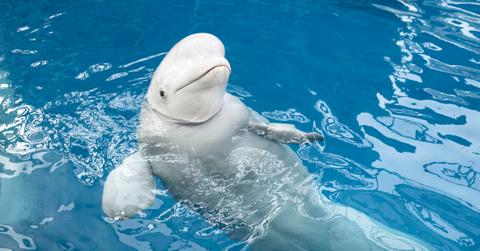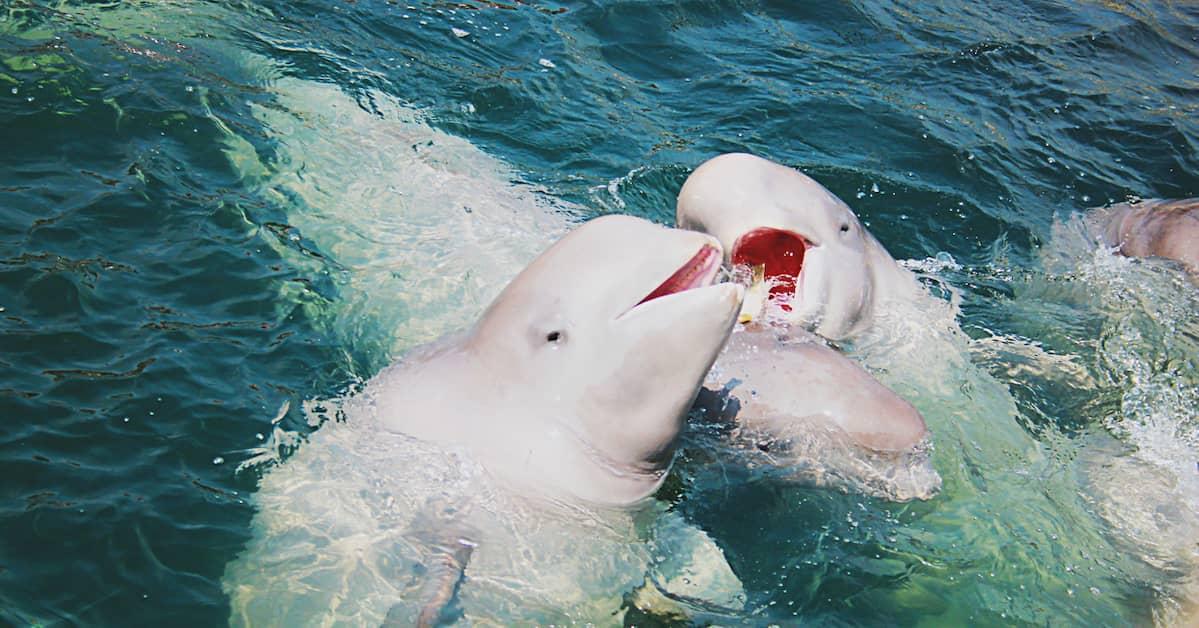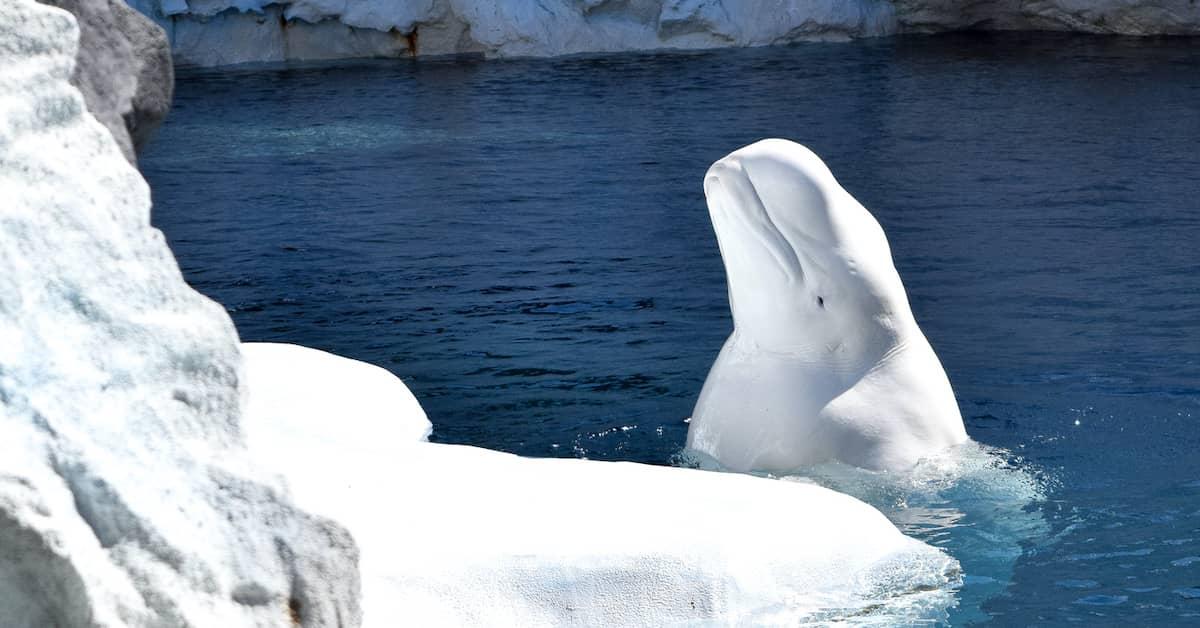Respecting the Wild: Why Interacting With Beluga Whales Should Be Avoided
Published Jan. 2 2024, 2:47 p.m. ET

The Gist:
- Beluga whales have a reputation for being extremely social and are often seen interacting with humans.
- Find out whether they are truly friendly or if their interactions with humans stem from curiosity rather than a desire for companionship.
- Discover why interacting with wild beluga whales should be avoided.
- We also dive into the ethical concerns associated with captive marine animal encounters.
With their snowy white skin and bulbous foreheads, beluga whales have captured the hearts of many. The "canaries of the sea" are known for their sociable nature and curiosity towards humans.
But are beluga whales friendly? We look at the character traits of these fascinating animals, explore their interactions with humans, and highlight the importance of respecting their natural behavior and environment.

Are beluga whales friendly?
Beluga whales have an array of fascinating character traits that make them genuinely captivating creatures. According to WWF, they are highly social animals, living in pod family groups and exhibiting complex social structures.
Belugas are among the most vocal whales, with an extensive repertoire of chirps, whistles, and clicks that serve multiple purposes, including communication with other whales and echolocation for navigation and finding food.
In addition to their sociability and vocal abilities, belugas are known for their curious and playful nature. These intelligent creatures engage in playful interactions with their fellow belugas and often are curious about humans.
This behavior and their unique physical features only add to the allure. Unlike most other whales and dolphins, Belugas also have the remarkable ability to turn their heads, making them even more appealing to observe and study.
Here's why humans should avoid interacting with beluga whales.
While beluga whales certainly come across as friendly, interacting with them in the wild can harm both whales and humans. As Ocean Action Hub points out, they’re still wild animals and should be treated as such.
Belugas habituated to human interaction may lose their natural wariness, leading to increased vulnerability to injuries from boats and other human activities.
The Whale Sanctuary Project has guidelines for what to do when encountering a beluga whale in the wild.
They’re very clear about not engaging in activities such as chasing, crowding, or touching whales, as these can disrupt their normal behavior and cause significant distress. This includes making loud noises, which can affect their sensitive hearing.
Another concern is unintentional contamination of belugas' sensitive skin and blowholes, which can occur when humans transfer bacteria, oil, fuel, and other contaminants during these encounters.
Due to these impacts, National Geographic says many areas have implemented strict regulations or outright bans on human interactions with local whale populations, and violations can result in fines or legal consequences.
It’s also essential to recognize the ethical concerns of paying for marine animal encounters. These activities often involve capturing animals from their natural habitats, subjecting them to confinement in small tanks or enclosures, and forcing them to perform for human entertainment.
Such practices can cause immense physical and psychological stress to the animals, who are inherently wild and adapted to live in the ocean's vastness. By avoiding these interactions and supporting responsible tourism practices, we can preserve the well-being of all marine animals, including beluga whales.

Final thoughts on these magnificent sea creatures.
Beluga whales are captivating creatures with a complex social life and a playful spirit. However, it's crucial to remember that they are wild animals with specific needs and vulnerable to human pressures.
By respecting their natural habitat, minimizing our impact on the Arctic environment, and supporting conservation efforts, we can ensure the survival of these fascinating mammals and the ecosystems they call home.